Charity single It Does Get Better: Hope for victims of homophobic bullying

It has been noted by the charity Stonewall that almost two-thirds of LGBT youths in Britain have experienced homophobic bullying. According to the charity, teachers also can be slow to challenge this epidemic due to the silence surrounding the topic. On February 11th 2012, the L-Project will release its single ‘It Does Get Better’ to give hope and courage to victims of homophobic bullying.
This silence is will hopefully be shattered thanks to a group of lesbian artists brought together by the relentless hard work of Georgey Payne. An inspirational woman, Georgey wrote the lyrics and the music for the single, and exhausted all efforts to promote and give to this cause. The women she has gathered together to contribute to the charity single are all artists in their own right. The track features amongst others: Georgey Payne and Emma Kavanagh, both members of the group Greymatter, Heads Hearts’ founder and lead singer Amber Taylor-Groves, Horse singer-songwriter, Belinda O’ Hooley of the folk duo O’ Hooley and Tidow, Kenelis’ singer Mel Sanson and Neon Choir founder and lead singer Amy Sutton.
It Does Get Better aims to combat homophobic bullying and create awareness about LGBT people, their struggles and torments some can undergo due to people’s ignorance or misunderstandings. It urges the listener to “try to feel what that’s like, ’cause no one gets to decide.” The inspiration behind the song is 16-year-old George Hodges, a friend of Georgey who has been bullied at school since the age of 12 for being gay.
During the press conference, the positivity and friendship filling up the room with good energy was a testament to the joy that tolerance and self-appreciation brings. Energetic, enthusiastic and comfortable in their own skin, the ladies of the L-Project made themselves exemplary proof of their own spearheading slogan: “It does get better.”
The song is a heartfelt, catchy ballad with a sound quality that is second to none. The instrumentals and vocals are also of an excellent standard. Each of the vocalists has their own unique tone and the unification of the voices work well, particularly when harmonies are introduced. There is a video accompanying the song which depicts its recording in Dean Street studios London. The video compiles black and white footage of the artists during recording; this footage is injected and illuminated by the various personalities of each of the women involved. It is a video which, like the song, has the potential to move and inspire, yet the quirky elements of the video serve to highlight the fact that while young people scared of coming out may feel alone, there will be a time when it will cease and when they will be able to feel comfortable and proud of who they are. That’s why these women are great role models – they have come through their own personal struggles and are eager to help others – after all the song, while empathising with despair, champions hope and the possibilities that a life of self love and freedom of expression can offer.
The profits of the single are to be given in their entirety to LGBT charities: Diversity Role models and Stonewall, famous for its slogan “Some People are Gay. Get Over It!” Diversity Role Models’ founder Suran Dickson – who has a background in teaching – found it upsetting to see that homophobic bullying was going on amongst pupils. According to Dickson, bullying is a result of a lack of education and children simply can’t relate to gay people, as there is no face for them to look to.
To fill this gap Diversity Role Models takes whole year groups for one-hour sessions and talks to them about LGBT people, allowing for an environment in which they can feel free to ask whatever they like. Dickson talked of her workshop experience and said: “I always ask the question at the beginning: If one of your friends came to you and said they were gay, how many of you would stop being friends with them? In the last workshop I did, 15 out of 21 hands went into the air. At the end of that class only one student continued to say that.”
Diversity Role Models hope that with the financial gain from the single, they will be able to employ another spokesperson and spread their school visits throughout the UK, instead of only London. Dickson recognises there are many rural areas in the UK which really need to be educated LGBT wise. When Hodges (the song’s inspiration) was asked if he thought Diversity Role Models visiting his school would have made a difference to his story, he replied: “Yes definitely! At my school we didn’t have anything like that”, indicating that if this service had been available it might have bettered his school life.
The single will be available to download on ITunes, Amazon, CD Baby and other download sites in three different formats. There is a long version, a shorter version and a Karaoke version, which will hopefully become a craze soon. The singles will be available as a trio, or separately, for a price yet unconfirmed but should range from 79p to £1.50. As The L-Project coordinator Sofia Antonia Milone points out, the ladies of L-Project really need the community to get behind them “not just buying the track or watching the video, but sharing it.” The success of the single depends on the support it receives, so make sure you download it and spread the word. Many of the contributing artists will be on tour throughout the UK during the year so check their websites for details.
Fiona Burke
Photos: Chiara Ceccaioni
For further information visit The L Project’s website here. Support this cause by liking The L Project on Facebook before the release date of February 11th, 2012.

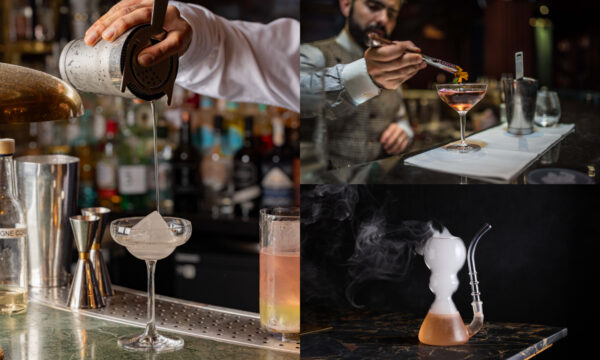

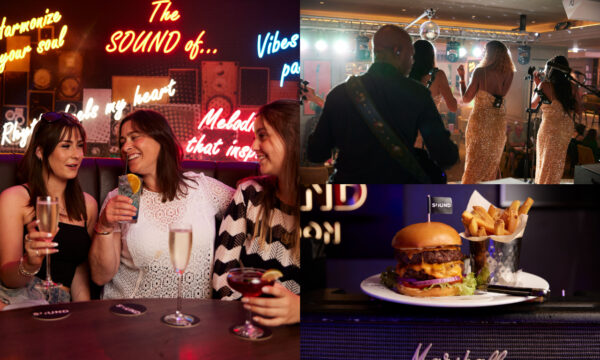
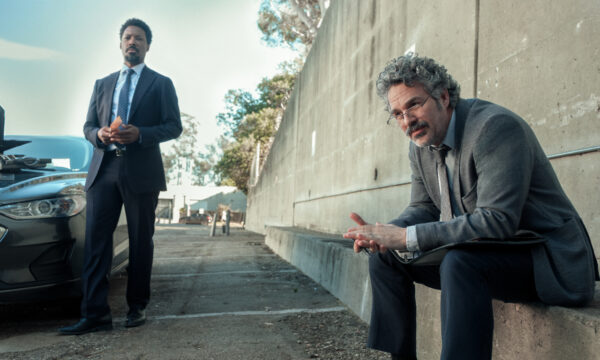
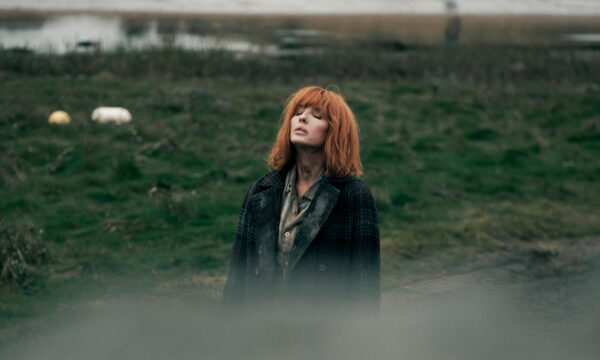
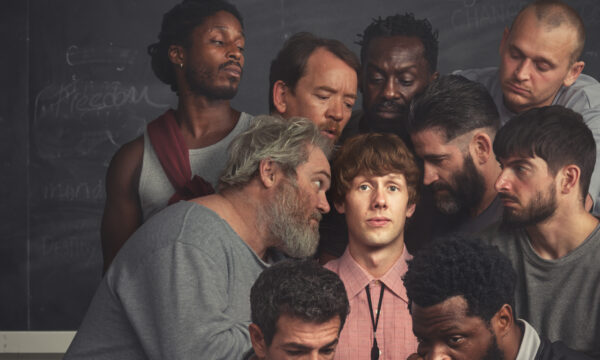
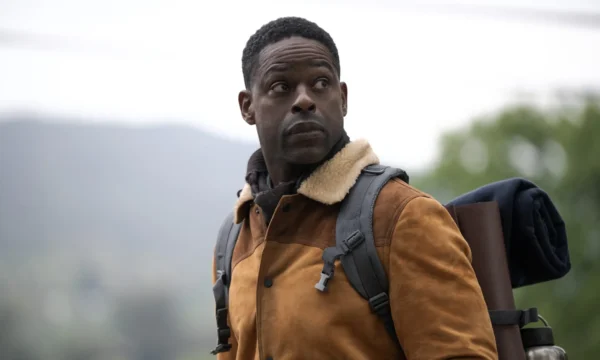
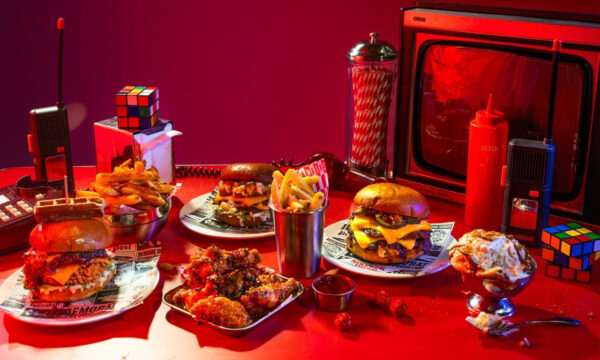


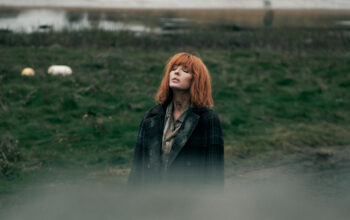

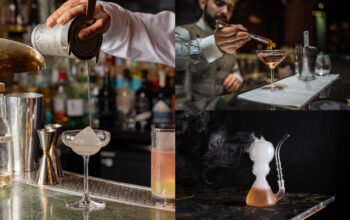


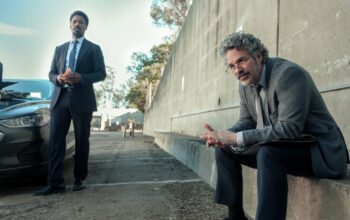


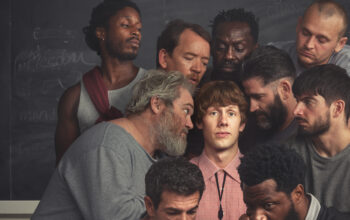
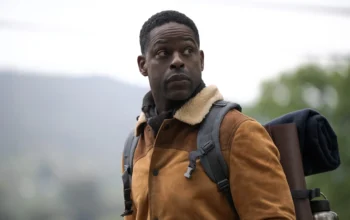

Facebook
Twitter
Instagram
YouTube
RSS